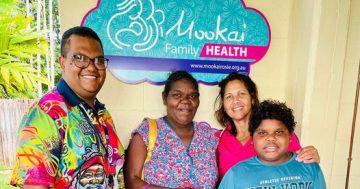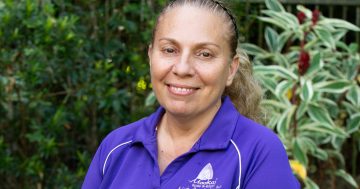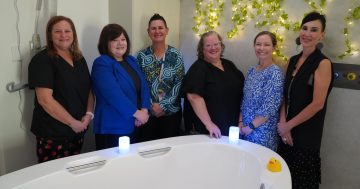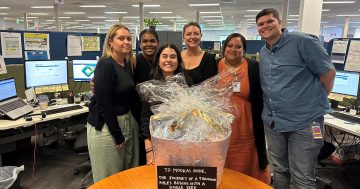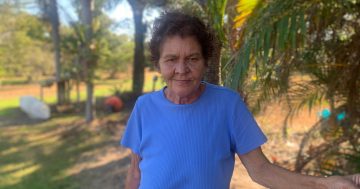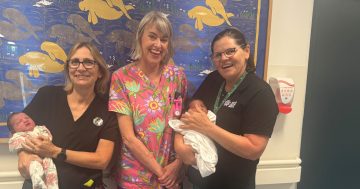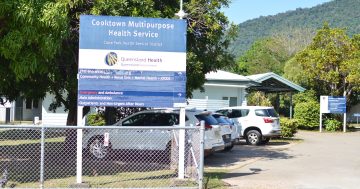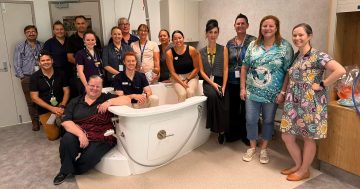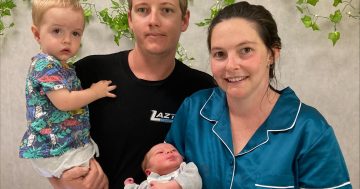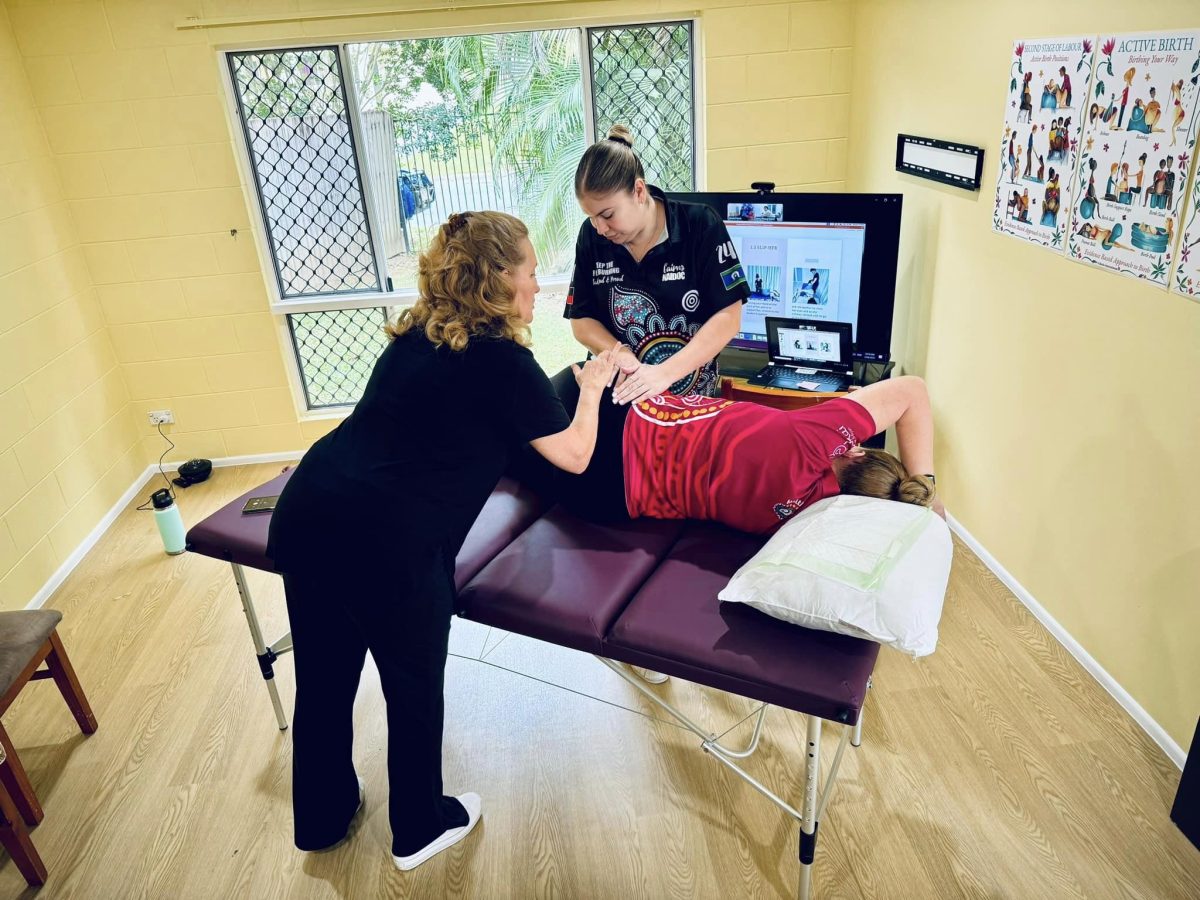
Two Indigenous doulas are in training for Mookai Rosie’s new culturally safe maternal program. Photo: Supplied.
A unique, culturally safe maternal program for First Nations mums-to-be in Cape York is becoming available through Mookai Rosie Bi-Bayan.
An expansion of Mookai Rosie’s existing midwifery services, Mookai Maternal Health will offer a community-integrated, trauma-, attachment-, and culturally-informed model of care led by midwives and doulas.
Mookai Rosie spokesperson Samantha Schofield said with two Indigenous doulas currently in training, Mookai Maternal Health could already offer most of the services provided through the program.
“At the moment, they’re at the point of their training where they can join the patient, if they want, at their antenatal appointments and checkups at the hospital, so that’s already started,” she said.
Ms Schofield said they had already seen significant value in the doulas attending the appointments, with most clients answering no when asked if they have any questions at the end, but then asking many questions to the doulas afterwards.
“The fact that we’re building our own internal training to make sure that it’s a culturally safe doula program led alongside midwifery is a really unique offering,” she said.
“We’re hoping that within another few months, our doulas will be at the point where they can attend the birth.”
As part of the program, Ms Schofield said Mookai Rosie was progressing towards becoming a recognised birthing centre in the long term.
“We’d be able to support the early labour process at the soon-to-be more comprehensive birthing centre, and then go with them and be there through the birth, and return back to the accommodation for continued care, if that’s what the client wants,” she said.
She said another main goal for the new maternal program was to put together a team that would go out to community to educate before pregnant women travel to Cairns.
“The plan is to start through early intervention in community, so we’re aiming to pilot a representative in three communities – Aurukun, Pormpuraaw and Kowanyama – and a health literacy program will be based in community before our ladies even come down,” Ms Schofield explained.
“Often, when our ladies come down to us at 34 or 36 weeks, addressing a lot of the main issues, including smoking during pregnancy, drinking during pregnancy, it’s too late to intervene.
“The sad reality is, we know from the recent Close the Gap reports that there are just so many child and maternal health outcomes that aren’t being met, and we know that in remote and rural areas like Cape and Torres, the reports are even worse, so we really need to change the game plan.”
Ms Schofield said the community integration aspect was also crucial in ensuring the travel and birth process felt safe and comforting, especially for first time mothers.
“They’d have increased health literacy through our community representatives, but they also maybe have met the people that will be involved in their birth, which is really powerful,” she said.
“Transferring to the hospital is really scary, especially your first time, so being able to offer that physical and emotional support is so important.
“Building that trust and those relationships, we know, plays a really important role in having positive birth outcomes.”


